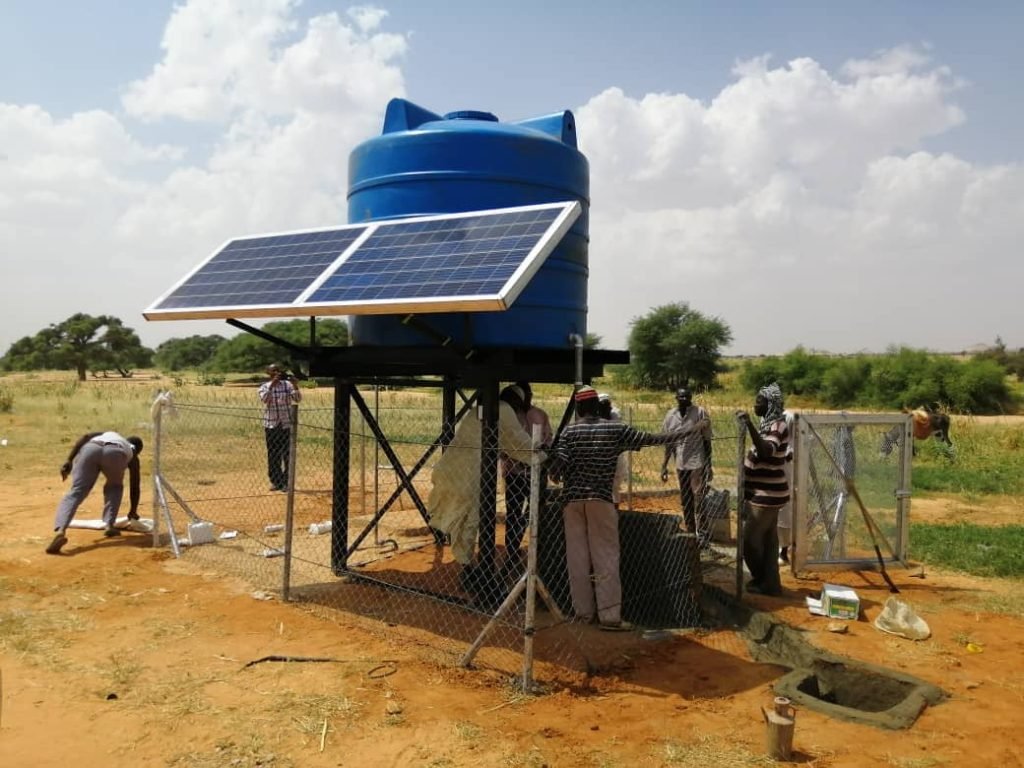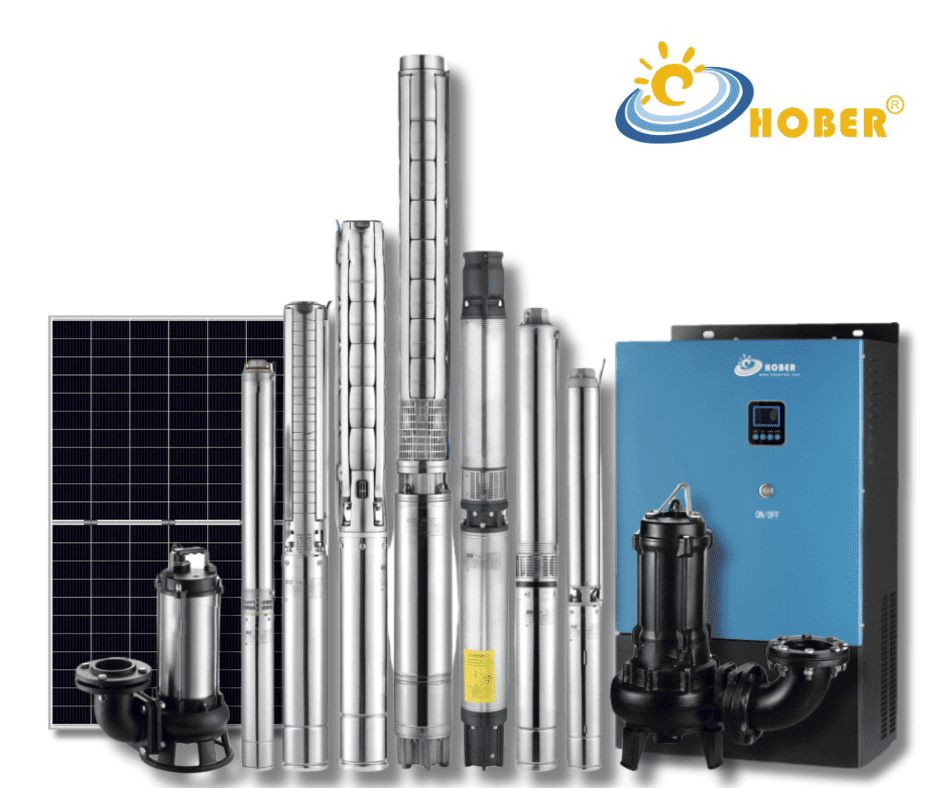In the realm of solar water pumps, selecting the right motor is akin to choosing the perfect partner for a dance. It’s a balance of efficiency, power, and suitability. As the CEO of HOBER, I’ve navigated these waters for years, understanding that the right choice can revolutionize a solar water pump system. But how do you determine whether an AC or DC motor is the ideal match for your solar water pump? Let’s dive in and demystify this crucial decision.
Each motor type has its unique strengths and scenarios where it shines the brightest. Our journey today is about exploring these paths and discovering which motor type will lead your solar water pump system to its peak performance.
Why Consider DC Motors for Smaller Water Pumps?

DC motors, especially for systems below 3HP, are the unsung heroes of efficiency. Their prowess lies in their ability to convert solar energy directly into mechanical energy, eliminating the need for an inverter. This direct conversion means fewer energy losses and a more efficient system overall. But here’s a twist – instead of screw pumps, opt for centrifugal pumps. They’re better suited for smaller systems, offering high efficiency, solar panel savings, and lower costs.
How Do AC Motors Excel in Larger Applications?

When your system demands more than 3HP, AC motors step into the spotlight. Despite needing an inverter, their performance in high-power applications is unparalleled. They bring stability and longevity, especially in large irrigation and water pumping systems. Moreover, the variety of pump types available with AC motors allows for greater flexibility in system design.
What Are the Key Differences Between AC and DC Motors?
The core difference lies in their power conversion methods. DC motors directly use solar energy, while AC motors require an inverter to convert the DC power from solar panels into AC. This fundamental distinction leads to varying efficiencies, costs, and suitability for different applications.
Can Efficiency Be the Deciding Factor?
Yes, efficiency plays a pivotal role. DC motors are more efficient in lower power applications, as they avoid the energy losses associated with inverters. In contrast, AC motors, though less efficient in this regard, offer better performance in high-power scenarios. Balancing efficiency with power needs is crucial.
What About the Cost Implications?
Cost is always a key consideration. Initially, DC systems can be more cost-effective, particularly for smaller applications due to their simpler setup and lower component requirements. However, for larger systems where AC motors are more suitable, the increased initial investment can be offset by their durability and performance.
Which Motor Type Offers More Flexibility?
Flexibility depends on your specific needs. DC motors are ideal for smaller, simpler systems. They’re easy to install and manage, making them a great choice for remote or off-grid locations. AC motors, on the other hand, offer more options in terms of pump types and are better for larger, more complex systems.
Conclusion
Whether you opt for an AC or DC motor for your solar water pump largely depends on the scale of your application and specific requirements. As a guiding force in the industry, I recommend considering the size of the system, efficiency requirements, cost implications, and flexibility when making your decision. Remember, the right choice can elevate your solar water pumping system to new heights of performance and sustainability.
[END]

